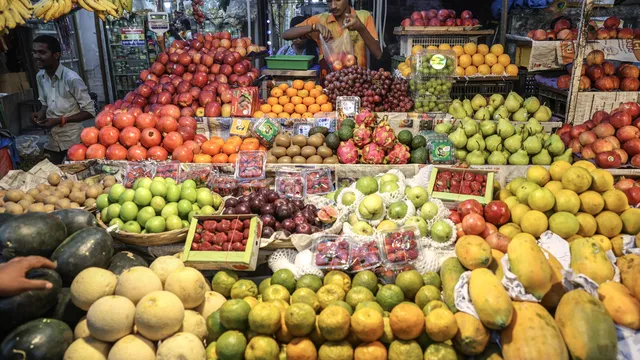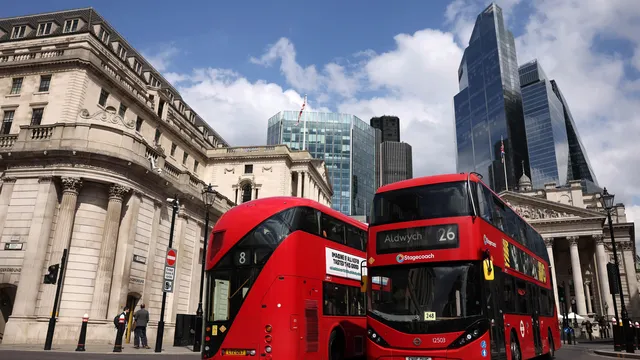Vegetables and fruits imported from countries outside the EU may become more expensive in the United Kingdom after British Prime Minister Keir Starmer promised to bring the country into line with EU rules on food and drink imports, Euronews reported.
This could affect fruits such as pineapples, avocados, oranges, and mangoes, as well as more commonly used products such as tomatoes.
According to the Fresh Produce Consortium, only 5% of fresh food products are currently inspected on average.
EU import checks are currently stricter than those already in place in the UK. This means that the UK may soon face more bureaucracy at its borders, which in turn could lead to higher prices for these food products.
Nigel Jenn, chief executive of the Fresh Produce Consortium, said: "While we have resolved the issue with the EU borders, we have passed the problem and the costs on to goods outside the EU. What we saved on one side, we lost on the other. Much of these costs or burdens now appear to have been passed on – subject to dynamic alignment – to goods supplied from the rest of the world."
Less than 5% of citrus fruits entering the UK are currently inspected, but after this deal is concluded, that figure could rise to 100%, leading to increased costs and delays.
The International Trade Centre estimates that nearly one-third of avocados imported into the UK last year originated in Peru, while almost 93% of imported pineapples came from Costa Rica.
The UK imports about half of its oranges from South Africa or Egypt, while about a quarter of its tomatoes come from Morocco.
The country also imports onions, lettuce, peppers, cucumbers, cauliflower, and broccoli, as well as exotic vegetables such as yams, which may also be affected.
However, the UK government stressed that this deal is expected to help the EU and the UK avoid inspections on a range of plant and animal products, which in turn could lead to lower prices for these food products and provide greater choice for consumers. | BGNES
European fruit and vegetable producers are not yet able to replace these imported products in the quantities required, which means that importers in the United Kingdom will probably have no choice but to absorb the higher costs and deal with the associated delays.
Although European farmers could eventually plant more crops, particularly citrus fruits, to meet higher demand from the UK, prices are likely to continue to rise in the short term.
Similarly, concerns have been raised about delays at ports and longer waiting times before products reach.

 Breaking news
Breaking news
 Europe
Europe
 Bulgaria
Bulgaria







